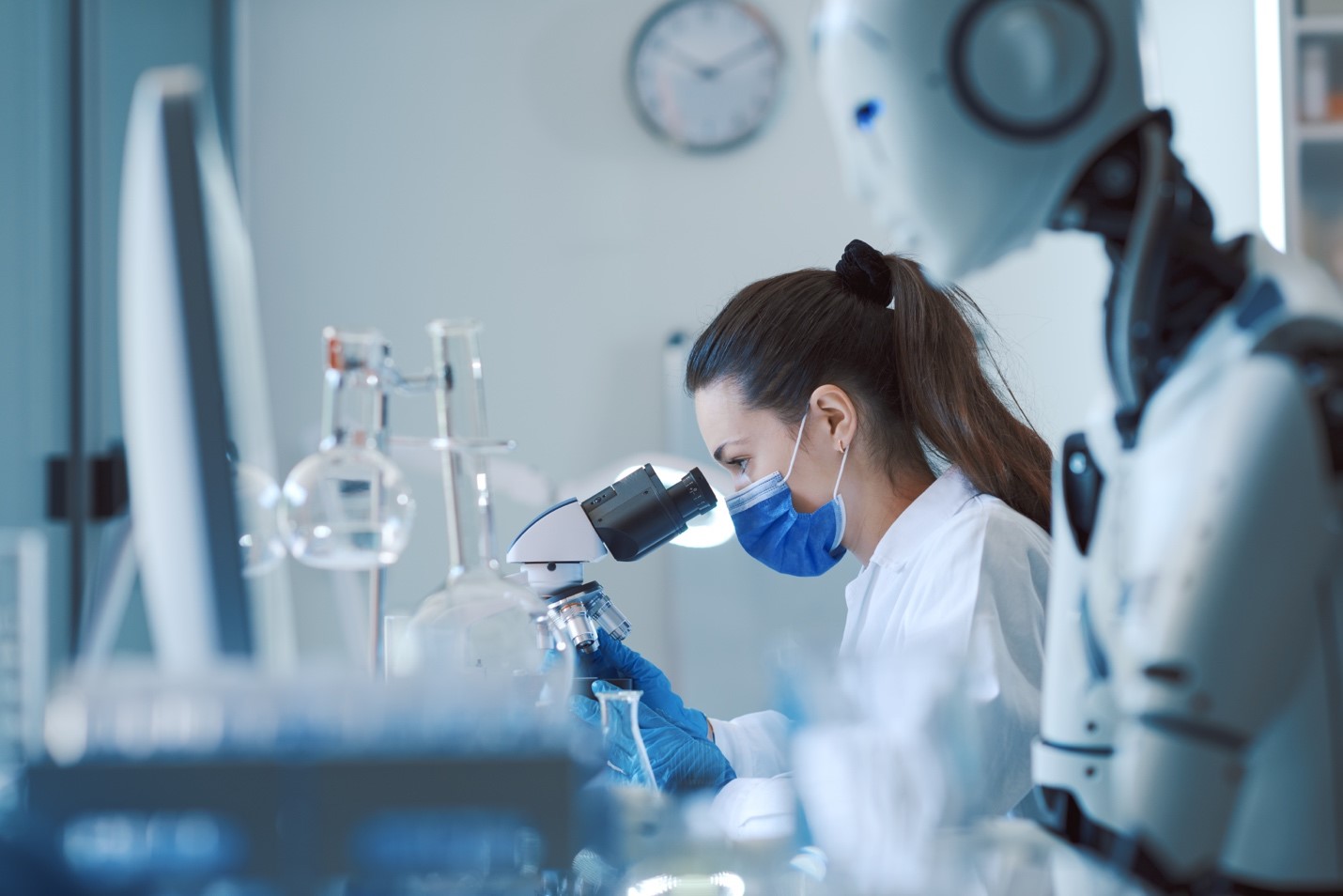Reimagining Healthcare: The Power of AI Unleashed

AI technology has revolutionized the healthcare industry in recent years. AI's ability to handle large volumes of data, discern patterns, and perform complicated tasks has spurred medical, scientific, and patient care innovation. This article discusses healthcare AI applications, its revolutionary role, and ethical issues. It also discusses future trends that may change healthcare.

AI accelerates medical research and treatment discoveries. Machine learning algorithms can find patterns and connections in large genomic, clinical, and research datasets that humans may miss. This capacity identifies prospective biomarkers, pharmacological targets, and treatment routes, enabling tailored patient care and precision medicine. AI has transformed medical imaging and diagnostics. Deep learning algorithms can analyze X-rays, MRIs, and CT scans faster and more accurately than radiologists (Esteva et al., 2017). AI can also help doctors make treatment and prognosis decisions by analyzing patient data, medical history, and symptoms (Beam & Kohane, 2018). Diagnostic accuracy, mistake rates, and treatment strategies improve.

Telemedicine and Virtual Health are revolutionizing healthcare delivery. AI-powered telemedicine technologies offer virtual patient-provider discussions, bridging geographical distances and improving medical expertise (Bashshur et al., 2016). This system allows flawless teleconsultations for rural and underserved patients, improving outcomes and minimizing trips. AI-powered healthcare solutions also help underserved communities. Telemedicine platforms allow patient follow-ups and post-treatment care, improving health outcomes. AI-driven medical advances can also draw medical tourists seeking specialized treatments, boosting medical tourism.
AI's benefits in healthcare present ethical considerations. Data privacy and security top the list. Patient data, especially medical data, must be protected from illegal access and breaches. Algorithmic bias could perpetuate healthcare disparities. To reduce biases and promote equal healthcare delivery, AI systems must be monitored and improved.

However, healthcare experts fear AI may replace them. AI's greatest potential is in its ability to enhance human skill. AI helps clinicians diagnose, plan, and research, improving patient care (Topol, 2019). Healthcare AI has a bright future. AI-powered virtual assistants and chatbots will help patients with preliminary evaluations, healthcare questions, and individualized health recommendations (Laranjo et al., 2018). AI will improve patient outcomes and population health management by detecting, intervening, and providing individualized healthcare.
Stakeholder participation is essential to fully utilize AI in healthcare. Researchers, healthcare providers, policymakers, and technology developers must share data, best practices, and knowledge (Raghupathi & Raghupathi, 2019). Interoperability, data sharing, and AI solution integration across the healthcare ecosystem will improve efficiency and patient care with shared standards.
AI will revolutionize medical research, diagnosis, treatment planning, and access. To address data privacy, security, and algorithmic bias, its ethical use is essential. As AI evolves, collaboration and standardization will be crucial to integrating AI-driven solutions and reinventing healthcare for a healthier, more equitable future.
References:
Bashshur, R. L., Doarn, C. R., Frenk, J. M., Kvedar, J. C., Woolliscroft, J. O., & Yellowlees, P. M. (2016). Telemedicine and the COVID-19 Pandemic, Lessons for the Future. Telemedicine Journal and E-Health, 26(5), 571–573.
Beam, A. L., & Kohane, I. S. (2018). Big Data and Machine Learning in Health Care. JAMA, 319(13), 1317–1318.
Esteva, A., Kuprel, B., Novoa, R. A., Ko, J., Swetter, S. M., Blau, H. M., & Thrun, S. (2017). Dermatologist-level Classification of Skin Cancer with Deep Neural Networks. Nature, 542(7639), 115–118.
Laranjo, L., Dunn, A. G., Tong, H. L., Kocaballi, A. B., Chen, J., Bashir, R., & Surian, D. (2018). Conversational Agents in Healthcare: A Systematic Review. Journal of the American Medical Informatics Association, 25(9), 1248–1258.
Share this article
More Articles
Discover more insights on health care and medical tourism.

Children's Eye Problems: Causes, Symptoms, and Treatment
Children can experience a variety of eye conditions that may impact their vision and overall development. Early detection and treatment are essential to prevent long-term complications. At Bangkok Eye Hospital, our pediatric ophthalmologists specialize in diagnosing and managing eye problems in children to ensure healthy vision.

What Factors Affect IVF Success Rates?
One of the most common questions couples ask when considering IVF (In Vitro Fertilization) is: “Will it work for us?”

Knee Osteoarthritis… It’s Not Just an “Elderly” Problem
Many people mistakenly believe that knee osteoarthritis only affects older adults. In reality, working-age adults and even teenagers can also be at risk.